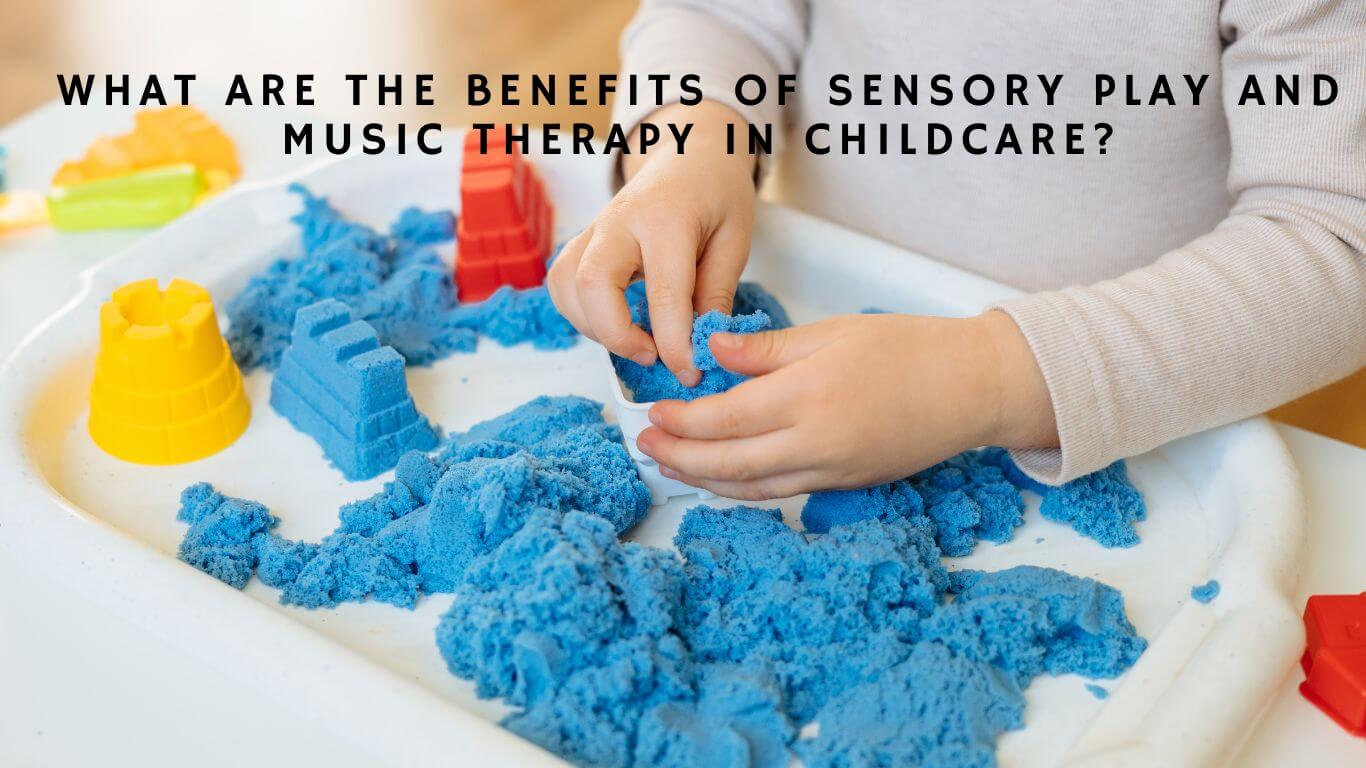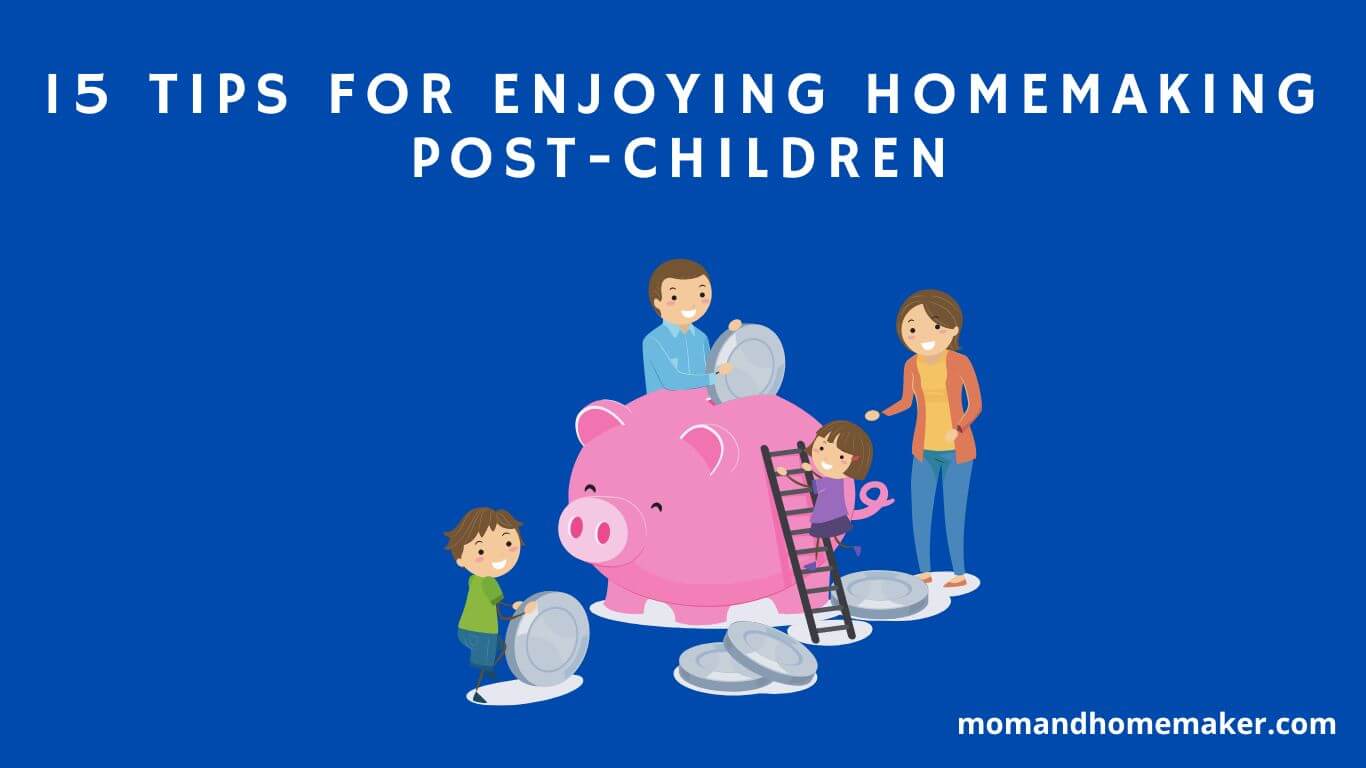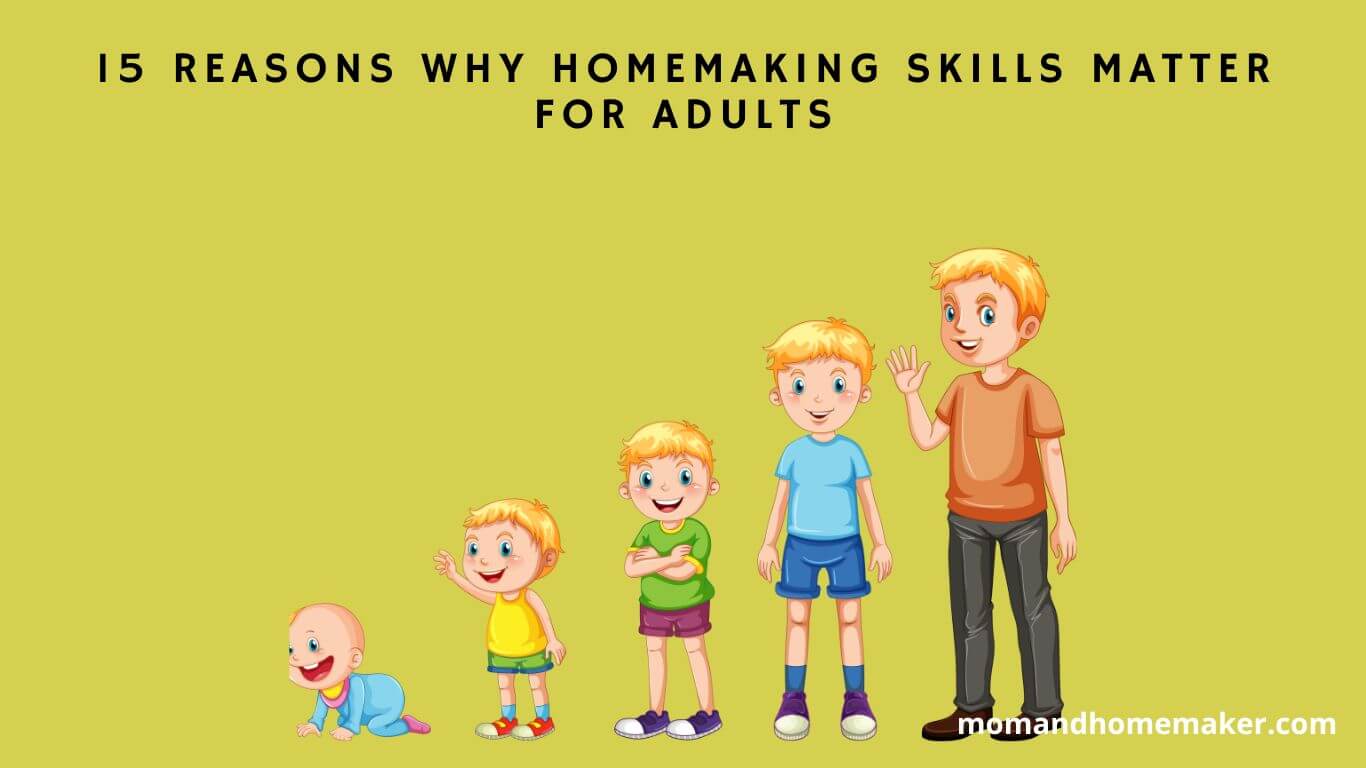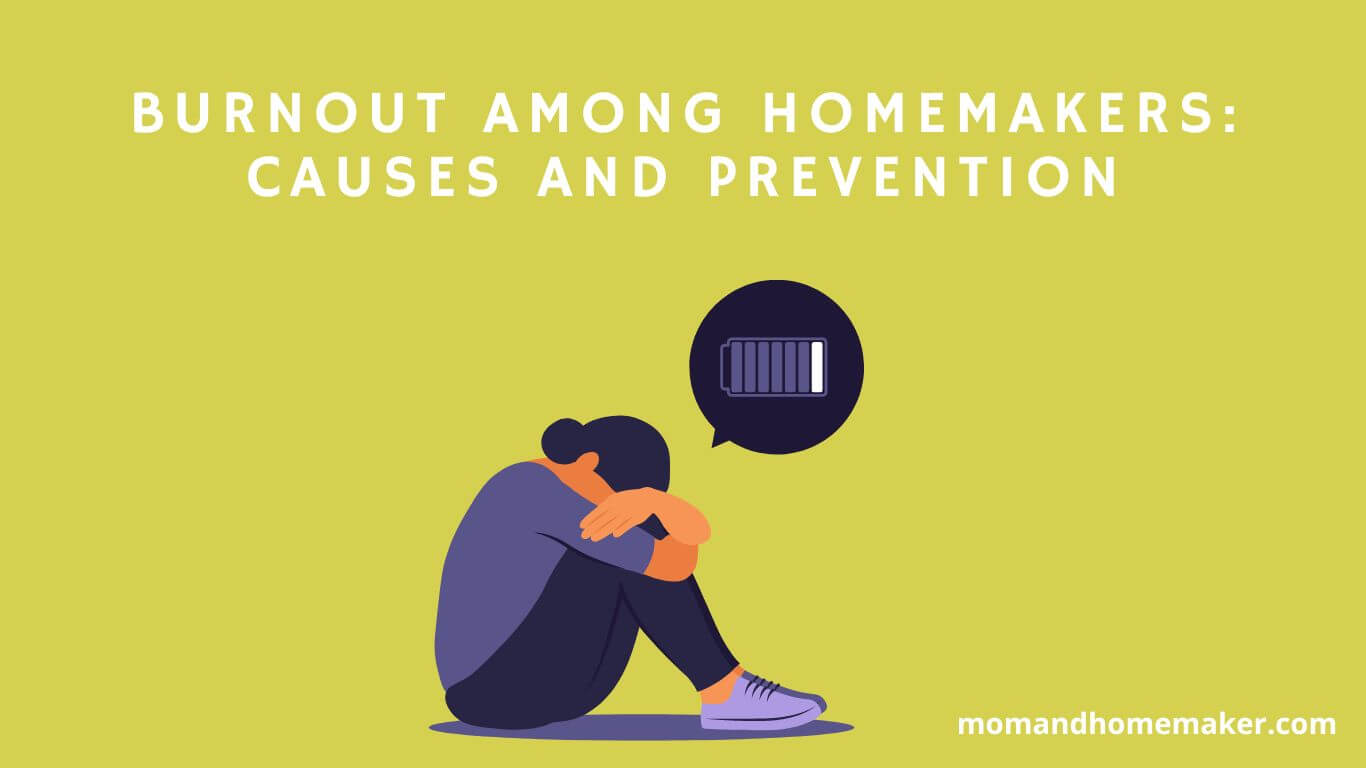Childhood is a crucial period for growth and development, and providing children with stimulating and enriching experiences is essential for their overall well-being. Sensory play and music therapy are two powerful tools that can greatly enhance the learning and development of children in childcare settings.
Sensory play refers to activities that engage the senses, such as touch, sight, and hearing, while music therapy involves the use of music to address various physical, emotional, and cognitive needs.
By incorporating sensory play and music therapy into your child’s daily routine, you can provide them with a nurturing and stimulating environment that encourages exploration and learning.

What is Sensory Play in Childcare?
Sensory play in childcare refers to activities that engage children’s senses – such as touch, sight, hearing, smell, and taste – to promote learning, development, and exploration. It involves providing children with opportunities to explore various materials, textures, and sensations in a safe and stimulating environment. This type of play is particularly beneficial for young children, as it helps develop their cognitive, physical, social, and emotional skills.
Sensory play can include activities like finger painting, water play, sand play, playing with different textures (e.g., rice, beans, slime), sensory bins, and sensory bottles. These activities stimulate the senses and allow children to experiment, discover, problem-solve, and express themselves creatively.
By engaging in sensory play, children can enhance their fine and gross motor skills, sensory processing abilities, language and communication skills, and cognitive and problem-solving skills.
What is Music Therapy in Childcare
Music therapy in childcare involves using music as a therapeutic tool to support children’s overall development and well-being. It is based on the idea that music has a profound impact on our emotions, cognitive abilities, and physical responses. In a childcare setting, music therapy can be implemented by qualified professionals who use various musical activities and techniques to address the specific goals and needs of children.
Music therapy sessions may involve singing, playing musical instruments, movement and dance, listening to music, improvisation, and songwriting. The therapist can tailor these activities according to the children’s age, abilities, and developmental goals.
Music therapy in childcare can help children improve their social skills, emotional regulation, communication skills, cognitive abilities, motor skills, and self-expression. It can also be used to support children with special needs or those experiencing emotional or behavioral challenges.
What Are the 17 Benefits of Sensory Play and Music Therapy in Childcare
There are numerous benefits of incorporating sensory play and music therapy in childcare settings.
These include enhanced cognitive development, improved social skills, increased creativity and imagination, better emotional regulation, and strengthened sensory integration.
Enhanced Cognitive Development
To enhance cognitive development in childcare, engage your child in sensory play and music therapy. These activities offer numerous learning benefits and contribute to brain development in young children. Here are three educational advantages of incorporating sensory play and music therapy:
- Stimulates neural connections: Sensory play and music therapy engage multiple senses, promoting the formation of neural connections in the brain. This helps in enhancing cognitive abilities such as memory, attention, and problem-solving skills.
- Enhances language and communication skills: Through music therapy, children are exposed to various sounds, rhythms, and melodies, which can improve their language and communication skills. Sensory play, on the other hand, provides opportunities for children to interact and express themselves, further enhancing their communication abilities.
- Fosters creativity and imagination: Both sensory play and music therapy encourage creativity and imagination in children. They provide a platform for self-expression and exploration, allowing children to develop their own ideas and problem-solving strategies.
Improved Social Skills
Engage your child in sensory play and music therapy to improve their social skills. Research has shown that these activities have numerous benefits when it comes to enhancing social interactions and relationships among children.
Through sensory play and music therapy, children are provided with opportunities to engage in cooperative play, where they learn to take turns, share, and collaborate with their peers. This promotes the development of important social skills such as communication and conflict resolution.
Sensory play encourages children to engage with different textures, sounds, and materials, fostering curiosity and exploration.
Music therapy, on the other hand, promotes self-expression and emotional regulation, allowing children to communicate their feelings and connect with others on a deeper level.
Increased Creativity and Imagination
Improve your child’s creativity and imagination through sensory play and music therapy in childcare.
Engaging in sensory exploration and artistic expression can have a significant impact on your child’s cognitive development and imaginative play. Here are three benefits of incorporating sensory play and music therapy in childcare:
- Enhanced Creativity: Sensory play and music therapy provide opportunities for your child to think outside the box and explore their imagination. Through hands-on activities and musical experiences, they can develop their creative thinking skills and come up with unique ideas and solutions.
- Improved Problem-Solving Skills: Sensory play and music therapy encourage your child to explore different materials, textures, and sounds. This helps them develop problem-solving skills as they experiment, make predictions, and find solutions to challenges they encounter during their playtime.
- Expanded Vocabulary and Language Skills: Engaging in sensory play and music therapy exposes your child to new words, sounds, and concepts. This helps expand their vocabulary and language skills, enabling them to express their thoughts and ideas more effectively.
Better Emotional Regulation
By engaging in sensory play and music therapy, you can help improve your child’s emotional regulation. Emotional regulation refers to the ability to manage and control one’s emotions, allowing for better self-soothing techniques, mindfulness exercises, stress management strategies, and coping skills.
Sensory play and music therapy provide an opportunity for children to explore and express their emotions in a safe and supportive environment. Research has shown that these activities can have a positive impact on emotional regulation by promoting self-awareness, self-regulation, and emotional resilience.
Through sensory play, children can learn to identify and understand their emotions, while music therapy can help them express and release pent-up feelings. By incorporating these practices into your child’s routine, you can help them develop the necessary skills to navigate and regulate their emotions effectively.
Strengthened Sensory Integration
As you strengthen sensory integration through sensory play and music therapy, your child can experience a multitude of benefits.
Sensory integration refers to the brain’s ability to process and make sense of sensory information from our environment. By engaging in sensory play and music therapy, your child can improve their sensory processing skills, leading to enhanced sensory experiences and development.
Here are three key benefits of strengthening sensory integration:
- Improved Focus and Attention: Sensory play and music therapy provide sensory stimulation that helps your child develop better focus and attention skills. By engaging in activities that activate different senses, such as touching textured materials or listening to music, your child’s brain learns to process sensory information more efficiently, leading to improved concentration.
- Enhanced Motor Skills: Sensory play and music therapy involve movement and coordination, which can strengthen your child’s motor skills. The sensory experiences provided by these activities help your child develop better body awareness, balance, and coordination, leading to improved physical abilities.
- Increased Self-Regulation: Sensory integration plays a crucial role in self-regulation, which refers to a child’s ability to manage their emotions and behavior. By engaging in sensory play and music therapy, your child can learn to regulate their sensory responses, leading to improved emotional regulation and self-control.
Improved Attention Span
Engaging in sensory play and music therapy can significantly boost your child’s attention span, allowing them to focus and concentrate more effectively. Research has shown that these activities stimulate the brain and help improve cognitive skills, which are essential for learning.
Sensory play involves exploring different textures, sounds, and smells, while music therapy encourages active engagement with rhythm and melody. Both activities require active participation, which helps train the brain to sustain attention for longer periods.
When children engage in sensory play and music therapy, they learn to filter out distractions and stay focused on the task at hand. This increased ability to concentrate not only benefits their academic performance but also enhances their overall learning experience.
Improved attention span allows children to absorb information more effectively and retain it for longer periods. It also helps them develop better problem-solving and critical-thinking skills.
Enhanced Motor Skills
To enhance your child’s motor skills, sensory play, and music therapy in childcare offer a multitude of benefits. These activities provide opportunities for your child to develop and refine their fine motor skills, gross motor skills, hand-eye coordination, balance, and coordination, as well as engage in sensory exploration.
Here are three ways in which sensory play and music therapy can enhance your child’s motor skills:
- Fine motor skills: Activities such as playing with playdough, manipulating small objects, or using musical instruments require precise movements of the fingers and hands, promoting the development of fine motor skills.
- Gross motor skills: Dancing, jumping, and playing games that involve movement help strengthen your child’s muscles and improve their coordination and control over larger body movements.
- Hand-eye coordination: Engaging in activities that require your child to use their hands while focusing on an object, such as catching a ball or playing a musical instrument, can improve their hand-eye coordination and enhance their ability to perform tasks that require both vision and manual dexterity.
Increased Self-Expression
By incorporating sensory play and music therapy into your child’s daily routine, you can encourage them to express themselves more freely and creatively. Self-expression is an important aspect of a child’s development, allowing them to communicate their thoughts, emotions, and ideas. It helps build self-confidence, fosters creativity, and promotes emotional well-being.
There are various techniques and activities that can enhance self-expression in children. For example, through music therapy, children can use instruments, movement, and singing to express themselves. Sensory play, on the other hand, provides opportunities for children to explore different textures, colors, and materials, allowing them to express their preferences and interests.
Overall, encouraging self-expression in childcare settings can have numerous benefits for children, helping them develop their unique identities and fostering a sense of belonging.
| Self-Expression Benefits | Self-Expression Techniques | Self-Expression Activities |
|---|---|---|
| Builds self-confidence | Music therapy | Painting and drawing |
| Fosters creativity | Role-playing | Writing in a journal |
| Promotes emotional well-being | Dance and movement | Storytelling |
Improved Language Development
One benefit of incorporating sensory play and music therapy in childcare is that it can improve language development in children. Research has shown that engaging in sensory play and music activities can enhance language acquisition, vocabulary development, and communication skills in young learners.
Here are three ways in which sensory play and music therapy can support language development:
- Language acquisition: Sensory play and music therapy provide children with opportunities to explore different sounds, textures, and movements, which can stimulate their language learning process.
- Vocabulary development: By engaging in sensory play and music activities, children are exposed to a wide range of words and concepts, helping them expand their vocabulary and understanding of language.
- Communication skills: Sensory play and music therapy encourage children to express themselves verbally and non-verbally, improving their communication skills and promoting self-expression.
Enhanced Problem-Solving Skills
Engaging in sensory play and music therapy in childcare can enhance problem-solving skills. By providing children with opportunities to explore different textures, sounds, and movements, sensory play stimulates their cognitive development and encourages them to think critically and solve problems.
Through activities that require decision-making skills, such as choosing the right instrument to play or creating a rhythm pattern, children develop their problem-solving techniques. Music therapy also promotes analytical thinking by exposing children to different melodies, rhythms, and harmonies, which encourages them to analyze and understand the elements of music.
Sensory play and music therapy help children develop problem-solving strategies by encouraging them to experiment, make connections, and find creative solutions to challenges. These skills won’t only benefit them in childhood but also in their future academic and professional endeavors.
Increased Self-Confidence
Through sensory play and music therapy in childcare, your child’s self-confidence can be significantly increased. Here are three ways in which these activities can help boost your child’s self-esteem:
- Building self-assurance: Sensory play and music therapy provide opportunities for your child to explore, experiment, and express themselves freely. This fosters a sense of security and confidence in their abilities, leading to increased self-assurance.
- Developing self-belief: Engaging in sensory play and music therapy allows children to discover their strengths and talents. As they master new skills and overcome challenges, their belief in themselves grows, contributing to a positive self-image.
- Enhancing self-worth: When children participate in sensory play and music therapy, they receive positive reinforcement and encouragement from caregivers or therapists. This validation of their efforts and accomplishments helps them develop a strong sense of self-worth, boosting their confidence levels.
Improved Emotional Well-Being
Participating in sensory play and music therapy can greatly improve your emotional well-being in childcare. Research has shown that these activities have numerous benefits for children, including improved mood, stress reduction, self-awareness, emotional regulation, and behavioral management.
Engaging in sensory play, such as exploring different textures and materials, allows children to release emotions and express themselves freely. This can lead to improved mood and a sense of calmness.
Music therapy, on the other hand, has been found to reduce stress and promote relaxation. Listening to music and participating in rhythmic activities can have a soothing effect on children, helping them to manage their emotions more effectively.
Furthermore, sensory play and music therapy can enhance self-awareness in children. By engaging in these activities, children become more attuned to their own emotions and learn to recognize and understand them better. This self-awareness is essential for emotional regulation, as it allows children to identify and manage their feelings in a healthy and constructive manner.
Sensory play and music therapy provide opportunities for behavioral management. These activities offer a structured and engaging environment where children can channel their energy and emotions in a positive way. By providing a platform for self-expression and creativity, sensory play and music therapy help children develop coping mechanisms and alternative ways of expressing their emotions, reducing the likelihood of disruptive behavior.
Strengthened Parent-Child Bond
To strengthen the bond between parents and children in childcare, incorporating sensory play and music therapy into daily routines can be highly beneficial. These interactive activities provide opportunities for sensory exploration and musical engagement, fostering a deeper emotional connection between parents and children.
Here are three ways in which sensory play and music therapy can strengthen the parent-child bond:
- Shared experiences: Participating in sensory play and music therapy together creates shared moments of joy and discovery. Whether it’s exploring different textures or singing and dancing to music, these activities allow parents and children to connect and bond over their shared experiences.
- Enhanced communication: Sensory play and music therapy provide a platform for nonverbal communication. Through engaging in these activities, parents and children can communicate and understand each other’s emotions and needs on a deeper level, strengthening their bond and promoting a sense of belonging.
- Quality time: Incorporating sensory play and music therapy into daily routines allows parents and children to spend quality time together. This dedicated time fosters a sense of security and love, nurturing the parent-child bond and creating lasting memories.
Enhanced Cultural Appreciation
Immerse yourself in diverse cultures and broaden your understanding through sensory play and music therapy in childcare.
One of the significant benefits of incorporating these activities into childcare is enhanced cultural appreciation. By exposing children to cultural diversity, they develop cross-cultural understanding and gain a deeper appreciation of traditions from around the world.
Sensory play and music therapy provide opportunities for multicultural experiences, allowing children to explore different global perspectives and embrace the richness of various cultures. Through sensory play, children can engage with materials and objects that reflect different traditions, while music therapy exposes them to diverse musical styles and rhythms.
These experiences promote a sense of belonging and acceptance, fostering an inclusive environment where children can learn and grow together.
Increased Empathy and Compassion
As you continue to engage in sensory play and music therapy in childcare, you’ll increasingly develop empathy and compassion. These qualities are crucial for building strong relationships and promoting a positive social environment.
Here are three ways in which sensory play and music therapy can contribute to the development of empathy and compassion:
- Empathy Development: Sensory play and music therapy provide opportunities for children to understand and share the feelings of others. By engaging in activities that stimulate their senses and emotions, children learn to empathize with others and recognize their emotions.
- Compassion Benefits: Through sensory play and music therapy, children learn to show kindness and concern for others. They develop a sense of compassion, understanding the needs of others, and taking action to help and support them.
- Enhanced Emotional Intelligence and Social Awareness: Sensory play and music therapy help children become more aware of their own emotions and the emotions of others. This increased emotional intelligence and social awareness allow them to navigate social interactions with empathy and compassion, fostering a sense of belonging and connection with others.
Engaging in sensory play and music therapy in childcare promotes the development of empathy and compassion, which are essential for the nurturing of caring skills and positive social relationships.
Improved Academic Performance
Engaging in sensory play and music therapy in childcare can lead to improved academic performance for children. Research has shown that these activities offer numerous cognitive benefits, such as enhanced problem-solving skills, improved memory retention, and increased attention span. By engaging in sensory play and music therapy, children are exposed to various stimuli that promote brain development and cognitive growth.
Moreover, sensory play and music therapy also provide socialization benefits. Children have the opportunity to interact with their peers, develop communication skills, and learn how to work together in a group setting. This enhances their social skills and promotes a sense of belonging and cooperation.
Sensory play and music therapy encourage creativity and imagination. Through these activities, children are encouraged to think outside the box, explore their own ideas, and express themselves creatively. This fosters their imagination and allows them to develop unique perspectives and problem-solving strategies.
Furthermore, engaging in sensory play and music therapy helps children regulate their emotions. These activities provide a safe and supportive environment for children to express and process their feelings, leading to improved emotional regulation and self-control.
Ultimately, the benefits of sensory play and music therapy in childcare can positively impact a child’s academic success. By enhancing cognitive abilities, promoting socialization skills, fostering creativity, and supporting emotional regulation, these activities create a strong foundation for future academic achievements.
| Cognitive Benefits | Socialization Benefits | Creativity and Imagination | Emotional Regulation |
|---|---|---|---|
| Enhanced problem-solving skills | Improved communication skills | Encourages thinking outside the box | Promotes emotional regulation |
| Improved memory retention | Develops teamwork skills | Fosters imagination | Supports self-control |
| Increased attention span | Enhances social skills | Allows for unique perspectives | Provides a safe emotional outlet |
| Promotes brain development | Encourages cooperation | Develops creative problem-solving | Enhances self-awareness |
Enhanced Overall Development
By exploring sensory play and engaging in music therapy, you can experience a wide range of benefits that enhance your overall development in childcare.
- Sensory exploration:
Sensory play allows you to engage with different textures, sounds, and smells, stimulating your senses and promoting sensory integration. This helps improve your sensory processing skills, coordination, and fine motor skills. - Musical stimulation:
Music therapy exposes you to various melodies, rhythms, and tones, which can enhance your auditory processing skills and language development. It also promotes creativity, self-expression, and a sense of rhythm. - Cognitive growth:
Both sensory play and music therapy support cognitive development by improving attention, memory, problem-solving, and critical thinking skills. They also enhance your ability to focus, concentrate, and follow instructions.
In addition to these benefits, sensory play and music therapy also foster social interaction, encouraging collaboration, communication, and turn-taking skills. They also promote emotional regulation by providing a safe and enjoyable outlet for self-expression and stress relief.
Incorporating these activities into your childcare routine can greatly contribute to your overall development and well-being.
Conclusion
Engaging children in sensory play and music therapy in childcare settings offers a multitude of benefits. These include enhancing cognitive development, promoting social skills, improving sensory processing, and stimulating creativity.
The integration of these practices not only provides an entertaining and enjoyable experience for children but also supports their overall growth and development.
Let’s embrace the power of sensory play and music therapy to create a nurturing and enriching environment for our little ones, where learning and fun go hand in hand.
Remember, the ABCs of childcare are Always Be Creative!














